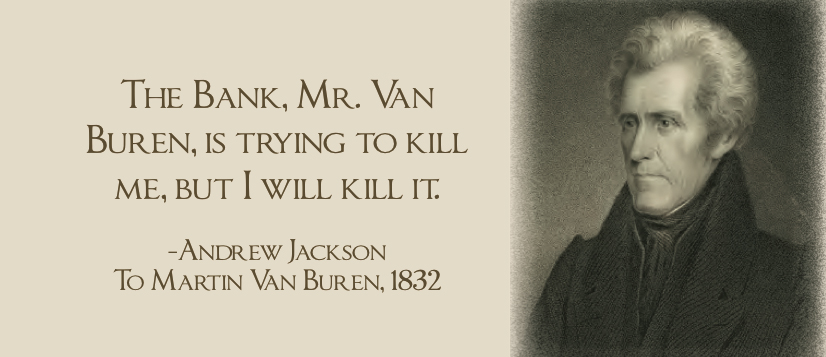In a land of plenty, what does the ordinary
citizen really need?
What does the ordinary citizen really need? On a collective level, an excellent place to
begin analysis is on the expense side, that is, how the Prince is prioritizing
the expenditure of the People’s money.
Common sense dictates that those items which relate to what the People
“need” must first be identified as the so-called necessities of life. These must be distinguished from the things
which the People merely “want,” relating not to need but rather a whole host of
discretionary items, or simply greed.
In the category of “needs,” much of the
conduct of Benjamin Franklin’s early life evidences the truth that the only
thing we need is the mere subsistence of bread and water. However, when it comes to human nature, it is
amazing, Franklin
remarked, how many poor souls, given the simple choice of bread (needed) or beer (discretionary), in fact, would
choose beer!
Over the ensuing centuries, a self-proclaimed
“enlightened” People has continually and consistently expanded on what are
presumed to be our needs. Concepts
incorporating more scientific theories about diet (other necessary subsistence
in addition to bread and water), standards of “adequate” housing, “equal
opportunities” in education, and “good,” meaning high-paying, jobs are
identified.
In the more recent decades of the late 20th
century, prior Princes and legislatures have presumed to add to the basic list
of needs certain guaranteed “benefits” atop the salaries of public sector
jobs. Although contractually promised,
and presently protected under our laws, it is doubtful these benefits were ever
the subject of valid actuarial accounting practices. Surely, secure retirement payments in the
form of lifetime pensions, unconscionable annual expenditures in too many
cases, as well as free, unlimited access to health care and related services,
are not on the ordinary citizen’s
list of needs. But, hence, the Prince calls
for more revenue anyway.
When it comes to analysis of “need,” the ordinary
citizen is guided by the example of Franklin D. Roosevelt, our 32nd
President. In the throes of the Great
Depression, F.D.R. left the ordinary citizen with the enduring legacy: a
primary obligation of the government is to provide help to its Citizens, especially in their time of need. During that time, need meant food, government
bread delivered to hungry people waiting desperately on long lines. The government subsidized clothing, housing
and sponsored programs designed to put the People back to work. The New Deal "freedom from fear/freedom from want" experiment was designed to
confront an ongoing emergency, because the private sector had failed.
In the category of “wants,” all the People
must do to distinguish needs from wants is watch just a bit of television in
prime time. In less than an hour, it is
apparent that 99% of what talented Madison Avenue marketing professionals
advertise involves a wish list, for which the ordinary citizen falls easily. Just how badly does the ordinary citizen need
another prescription, marketed by the powerful pharmaceutical industry, to
alleviate the phenomenon of “restless leg syndrome?”
Ben Franklin also warned of excessive Debt, an
ugly but sometimes necessary evil. If
permitted to grow unchecked to the point where it can not realistically expect
to be repaid, Debt robs the ordinary citizen of the ability to act
independently. Debt thus poses perhaps the
greatest danger to fundamental liberty.
Its potential adverse consequences can be chilling.
Finally, lawmakers who take an oath of “service” invariably find themselves intertwined with economic
interests. In a capitalist economy that
often expresses itself in terms of excess, the alliance tends to corrupt both. An understanding of how and why laws are made --- or not made --- is not always apparent. As the line between needs and wants loses definition, the greater good is overwhelmed by an identifiable self-interest component. May the People some day realize that all they truly need is the will to
contain it?
-Michael D’Angelo

